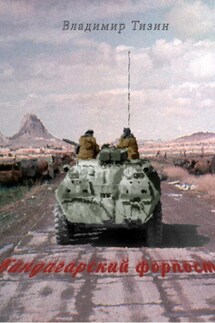Chapters from My Autobiography - страница 14
The 18th of August brought me the awful tidings. The mother and the sister were out there in mid-Atlantic, ignorant of what was happening; flying to meet this incredible calamity. All that could be done to protect them from the full force of the shock was done by relatives and good friends. They went down the Bay and met the ship at night, but did not show themselves until morning, and then only to Clara. When she returned to the stateroom she did not speak, and did not need to. Her mother looked at her and said:
“Susy is dead.”
At half past ten o’clock that night, Clara and her mother completed their circuit of the globe, and drew up at Elmira by the same train and in the same car which had borne them and me Westward from it one year, one month, and one week before. And again Susy was there – not waving her welcome in the glare of the lights, as she had waved her farewell to us thirteen months before, but lying white and fair in her coffin, in the house where she was born.
The last thirteen days of Susy’s life were spent in our own house in Hartford, the home of her childhood, and always the dearest place in the earth to her. About her she had faithful old friends – her pastor, Mr. Twichell, who had known her from the cradle, and who had come a long journey to be with her; her uncle and aunt, Mr. and Mrs. Theodore Crane; Patrick, the coachman; Katy, who had begun to serve us when Susy was a child of eight years; John and Ellen, who had been with us many years. Also Jean was there.
At the hour when my wife and Clara set sail for America, Susy was in no danger. Three hours later there came a sudden change for the worse. Meningitis set in, and it was immediately apparent that she was death-struck. That was Saturday, the 15th of August.
“That evening she took food for the last time,” (Jean’s letter to me). The next morning the brain-fever was raging. She walked the floor a little in her pain and delirium, then succumbed to weakness and returned to her bed. Previously she had found hanging in a closet a gown which she had seen her mother wear. She thought it was her mother, dead, and she kissed it, and cried. About noon she became blind (an effect of the disease) and bewailed it to her uncle.
From Jean’s letter I take this sentence, which needs no comment:
“About one in the afternoon Susy spoke for the last time.”
It was only one word that she said when she spoke that last time, and it told of her longing. She groped with her hands and found Katy, and caressed her face, and said “Mamma.”
How gracious it was that, in that forlorn hour of wreck and ruin, with the night of death closing around her, she should have been granted that beautiful illusion – that the latest vision which rested upon the clouded mirror of her mind should have been the vision of her mother, and the latest emotion she should know in life the joy and peace of that dear imagined presence.
About two o’clock she composed herself as if for sleep, and never moved again. She fell into unconsciousness and so remained two days and five hours, until Tuesday evening at seven minutes past seven, when the release came. She was twenty-four years and five months old.
On the 23d, her mother and her sisters saw her laid to rest – she that had been our wonder and our worship.
In one of her own books I find some verses which I will copy here. Apparently, she always put borrowed matter in quotation marks. These verses lack those marks, and therefore I take them to be her own:









